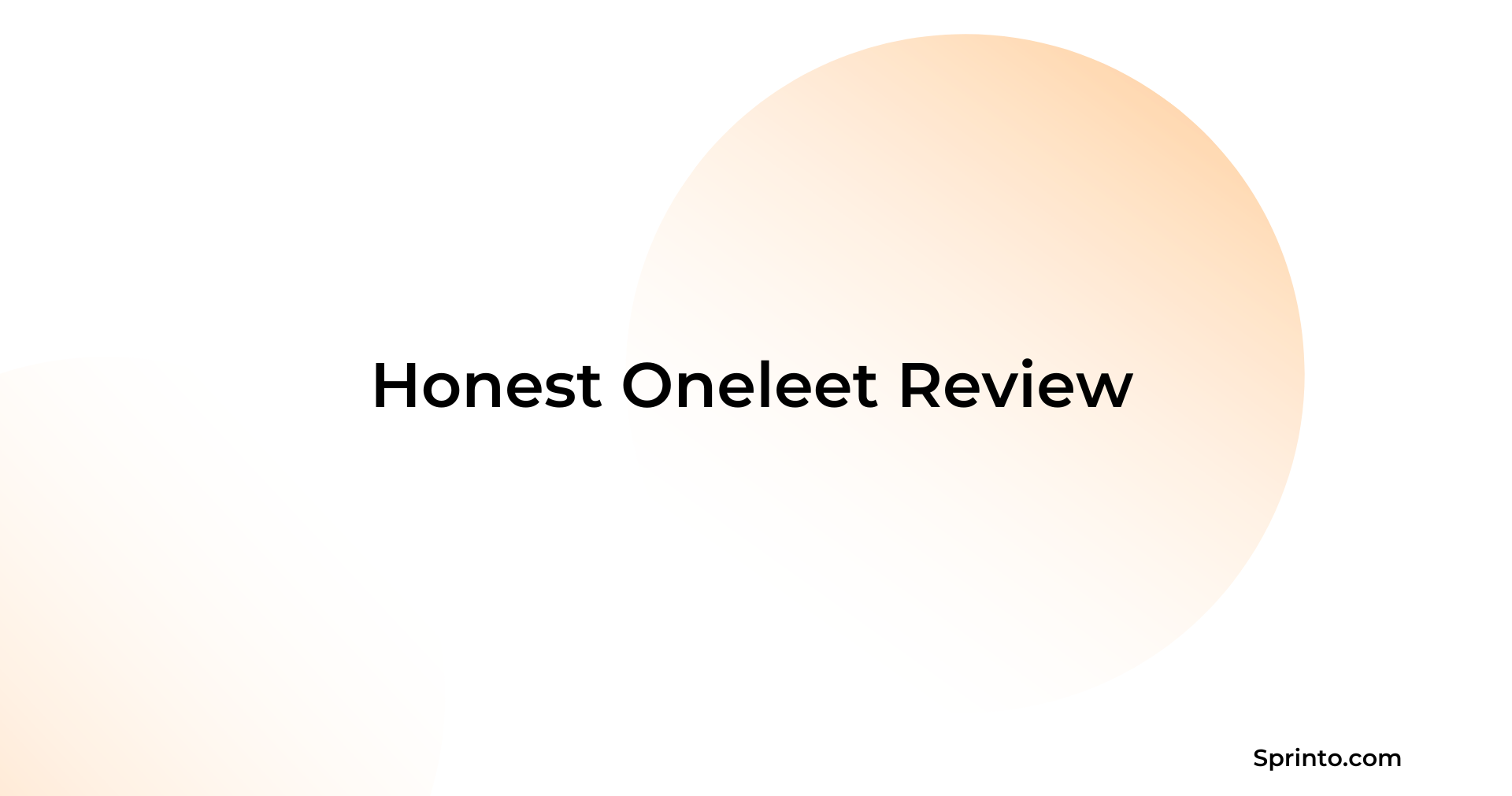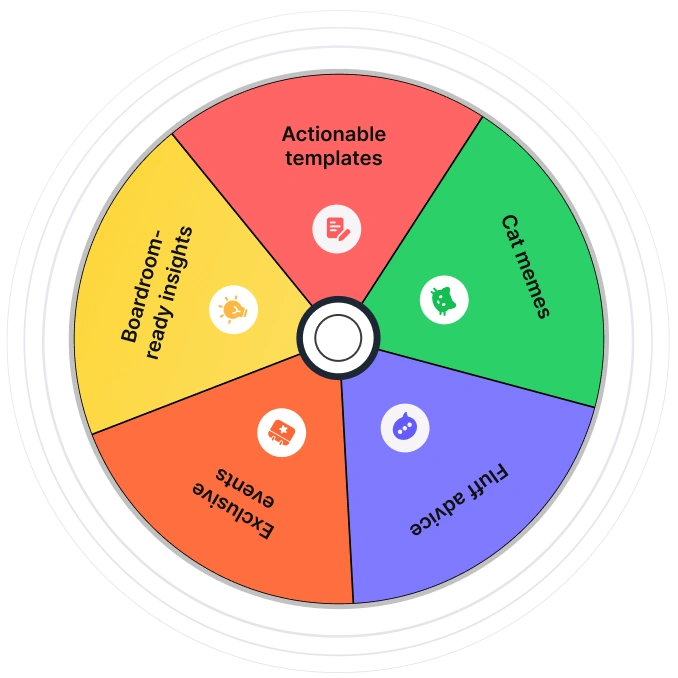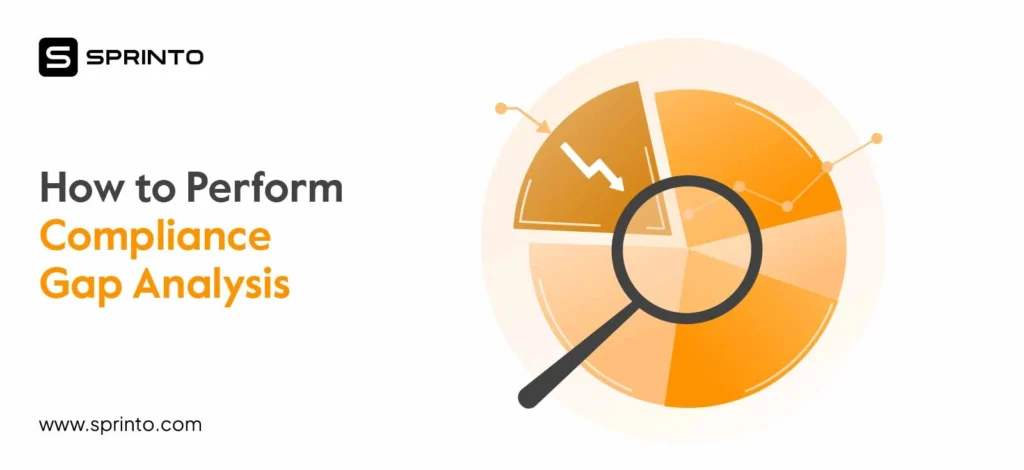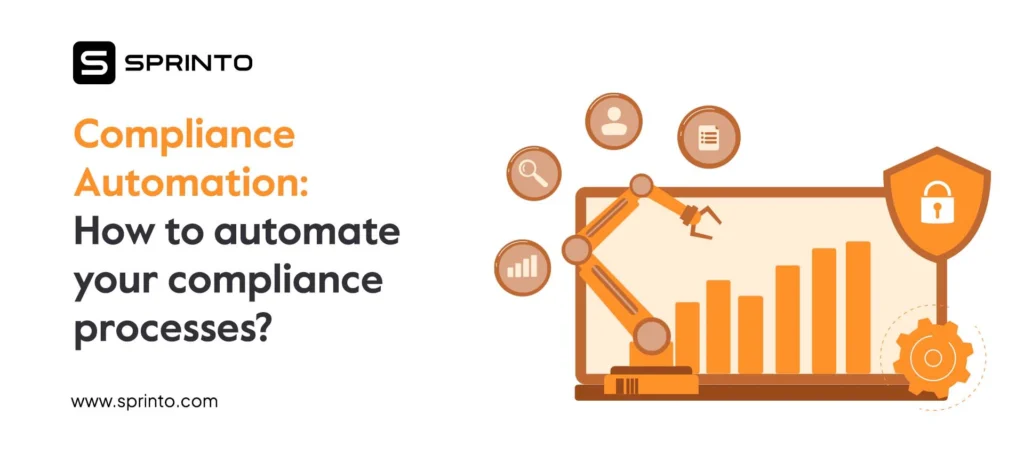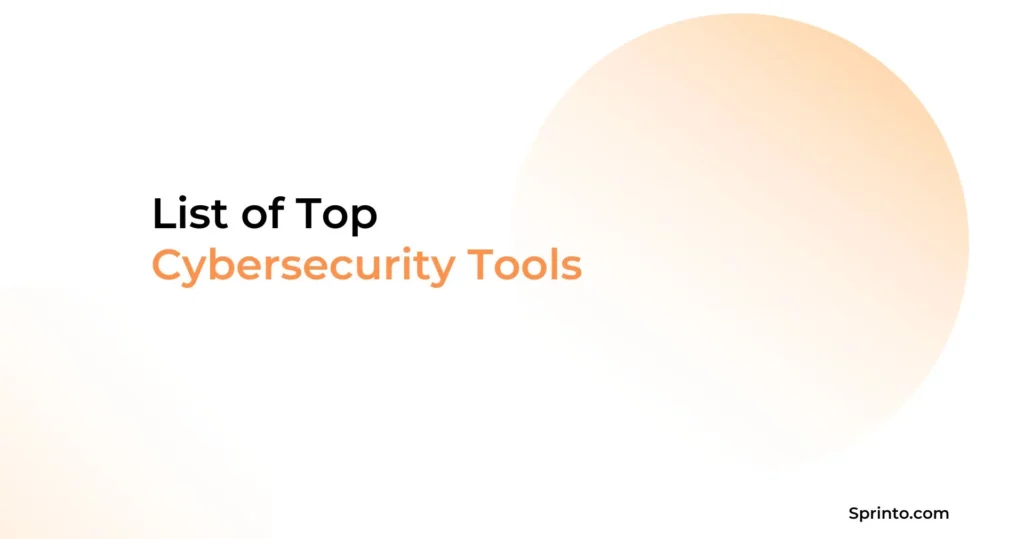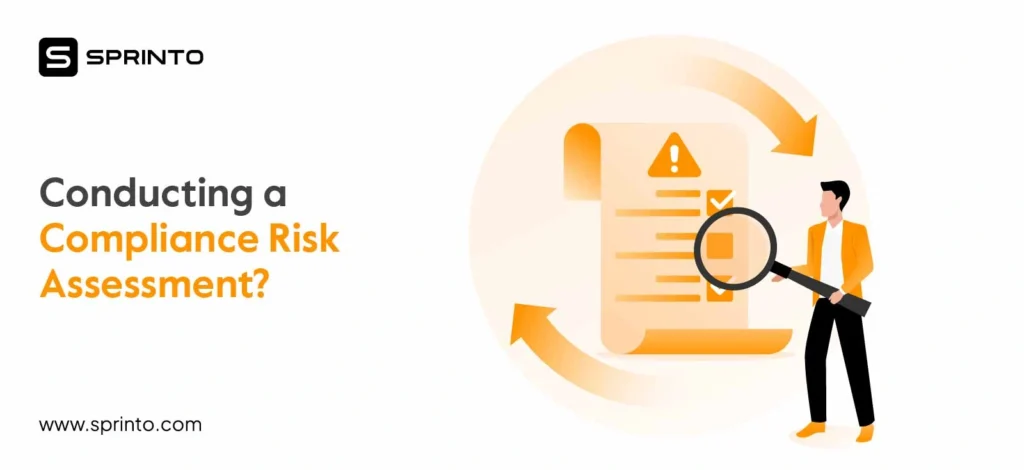The stakes are high when choosing a compliance platform. Marketing pages show the highlights, but once you begin audit preparation, you gradually gain more clarity.
With so many options promising speed and simplicity, it can be hard to know which one will actually work for your business once audit preparation begins. That’s why it’s essential to look beyond marketing claims and explore real features, pros, and cons.
Recently, Oneleet has become a well-known option that offers automation, security expertise, and guided support for frameworks like SOC 2, ISO 27001, HIPAA, and PCI. So, we’re reviewing this platform to see how it performs and compares to alternatives.
| TL;DR Oneleet blends automation with expert guidance through a vCISO-led model, making it ideal for startups without in-house compliance teams. Automation covers evidence collection, monitoring, and policy creation, but some manual steps and coordination are still required. Pricing is custom and often higher, with no transparent feature-based plans, which may not suit budget-conscious or fast-scaling teams. |
What is Oneleet?
Oneleet is a cybersecurity and compliance automation platform designed for modern SaaS companies, B2B startups, and mid-size enterprises. It offers an all-in-one solution for achieving and maintaining compliance with frameworks such as SOC 2, ISO 27001, HIPAA, and GDPR.
What makes Oneleet different is its combination of automation tools with security expert guidance. This hybrid approach integrates manual penetration testing, attack surface management, and code security scanning directly into the compliance workflow.
What are Oneleet’s core features?
Oneleet’s agent-based continuous monitoring, automated evidence handling, access reviews, and expert-driven (vCISO) remediation are designed to reduce compliance overhead while promoting real-world security improvements. Here’s a breakdown of its core features:
1. Compliance automation
Oneleet streamlines compliance tasks for frameworks like SOC 2, ISO 27001, HIPAA, PCI DSS, and GDPR. Its automation covers risk monitoring, evidence management, policy creation, and remediation planning.
Teams can assign and track tasks for each control, use prebuilt policy templates, and maintain an always-up-to-date compliance status without unnecessary manual work.
2. Evidence collection
The platform automatically gathers audit evidence through integrations with cloud providers, code repositories, and workplace apps. Evidence links directly to requirements and becomes instantly available for auditor review.
Features like Slack reminders and automatic logging reduce last-minute scrambling and keep documentation audit-ready.
3. Asset management
Oneleet’s lightweight agent monitors devices, cloud servers, and SaaS tools continuously. It flags overprivileged accounts, enforces MFA, and issues real-time alerts for policy violations. Data collection stays privacy-focused, showing only compliance states rather than raw user data.
4. Virtual CISO (vCISO)
Every client works with a dedicated security expert who shapes compliance strategy, manages risk, and handles audit preparation. The vCISO oversees remediation, interfaces with auditors, and runs security training to keep the organization audit-ready year-round.
What are the benefits of Oneleet?
Before committing to a platform, it helps to know where it will make your life easier. Oneleet’s main appeal lies in its mix of automation and human expertise, but its value also depends on your team size, industry, and security maturity.
Here are the benefits of choosing Oneleet:
- Faster audit readiness: Oneleet reduces the time for audit prep with automated evidence gathering, continuous monitoring, and ready-to-use policies.
- Lower compliance workload: The platform’s automation handles control checks and document collection, so your team spends less time on paperwork and more on running the business.
- Guidance when needed: A vCISO guides your compliance program, talks to auditors, and helps fix issues. It’s perfect for teams without in-house experts.
- Clear compliance view: One dashboard tracks your controls, risks, assets, and evidence, making it easy to spot and fix gaps early.
What are the pros and cons of the platform?
Every platform has trade-offs, and Oneleet is no exception. Based on user feedback and reviews, here is a comparison table summarizing the key pros and cons of Oneleet.
| Pros | Cons |
| Fast onboarding and audit readiness | Only supports one compliance framework at a time (no parallel audits) |
| Holistic evidence automation and integrations | Integration issues reported for complex infrastructures (AWS, GCP) |
| Responsive, knowledgeable customer service | Limited direct auditor platform access for clients |
| Manual penetration testing is included | Some manual effort and coordination needed (not fully automated) |
| Strong real-time asset and endpoint monitoring | Setup/onboarding costs appear bundled, no clear breakdown |
| Policy templates and trust portal for sharing status | Framework handling is sequential, not simultaneous |
So we know that Oneleet delivers strong value through fast onboarding, responsive support, and a mix of automation with expert-driven security features like manual penetration testing. However, its sequential framework handling, limited auditor access, and bundled pricing can be restrictive for teams that need multi-framework flexibility, transparency, and fully automated workflows.
Who typically uses Oneleet, and which companies get the most value?
Oneleet is primarily used by organizations that need to achieve and maintain security compliance quickly, but don’t have large in-house compliance or cybersecurity teams. Its user base and best-fit audience include:
- Seed to Series B startups scaling toward enterprise clients
- Teams of 5–50 people without a dedicated compliance function
- Businesses that want automation but also value having a human expert on call
- Companies needing a fast route to first-time certification
However, it’s less suited for businesses that need greater flexibility, transparent pricing, and broader integration breadth for highly customized compliance workflows.
How does Oneleet stack up against Sprinto, Drata, Vanta, and Delve?
Your compliance automation tool needs to match your pace, resources, and risk appetite. Here’s how Oneleet compares:
| Feature | Oneleet | Sprinto | Drata/Vanta | Delve |
| Compliance model | Managed, vCISO-led | Automation-first with expert support | Self-serve checklist automation | Compliance expert support |
| Supported frameworks | One at a time (SOC 2, ISO, HIPAA, PCI) | 35+ frameworks out-of-the-box plus custom frameworks | Multiple in parallel (25+) | Limited frameworks, mainly SOC 2 & ISO 27001 |
| Automation level | Mix of automation and manual steps | High automation with real-time evidence | High automation | Medium automation, with some manual evidence gathering |
| Integrations | Cloud, code, productivity stacks | 300+ integrations across categories | 100+ for Drata, 300+ for Vanta | Fewer integrations, focused on essential SaaS tools |
| Auditor experience | Managed by Oneleet’s vCISO | Direct client/auditor collaboration | Direct collaboration | Delve mediates auditor interactions |
How much does Oneleet cost?
Oneleet doesn’t publish its pricing openly, so exact numbers vary based on your company’s size, frameworks needed, and desired support level. However, a few G2 reviews point out that Oneleet is more expensive.
“They include things I didn’t need. I wish they allowed me to pay less and exclude them.” – G2 review.
Oneleet typically prices based on:
- Number of employees
- Number of frameworks covered (e.g., SOC 2, ISO 27001, HIPAA)
- Support level (automation-only vs automation + vCISO guidance)
Verdict: Who should consider Oneleet?
If your priority is to quickly get a compliance badge—say SOC 2 or ISO 27001—and you don’t have an in-house security function yet, Oneleet’s vCISO-led approach can help you achieve it.
It’s a fit for:
- Startups that want to hand over most of the lifting.
- Businesses with simple security setups and a single compliance goal.
That said, Oneleet works best for straightforward environments. If you’re dealing with a more complex architecture, need parallel framework coverage, or want pricing flexibility based on features rather than a flat custom quote, you may outgrow it sooner than expected.
Sprinto as a scalable alternative for growing teams
Sprinto takes an automation-first route, designed for teams that want to achieve compliance without slowing down growth.
Sprinto greatly benefits:
- Startups and small businesses looking for a budget-friendly entry point without cutting corners on automation.
- Mid-size companies that need to scale compliance across multiple frameworks and complex tech stacks.
- Teams that want transparent, feature-based pricing that grows with them.
With 200+ integrations, the ability to run multiple frameworks in parallel, and real-time monitoring, Sprinto keeps you ahead of audits while freeing your team from repeat manual work. It’s built for companies that expect their compliance needs to get more complex over time without starting from scratch each time.
Get compliant in weeks at 60% less cost – Book a demo
Disclaimer
The information on this page is based on independent research conducted by our team and on insights gathered from publicly available, user-first review platforms such as G2. We have summarized feedback to highlight commonly mentioned strengths and areas for improvement. While we strive for accuracy and balance, user experiences may vary, and we encourage readers to review the original sources for the most up-to-date feedback.
Frequently asked questions
Auditor interactions are managed by Oneleet’s assigned security lead or vCISO, meaning clients do not have a direct auditor portal. This managed approach contrasts with some competitors that provide direct auditor platform access.
Oneleet integrates with a variety of cloud, code, and productivity platforms including AWS, Google Cloud Platform, Azure, GitHub, GitLab, Microsoft 365, Google Workspace, Slack, and Cloudflare to automate evidence collection and monitoring.
No, Oneleet pricing is custom and negotiated case-by-case based on company size, scope, frameworks, and level of support. Public pricing details are not available. Interested customers need to contact Oneleet for a tailored quote.
No, Oneleet supports one compliance framework at a time, though clients can pursue frameworks sequentially. This may be a limitation for companies needing multi-framework compliance simultaneously.
Pansy
Pansy is an ISC2 Certified in Cybersecurity content marketer with a background in Computer Science engineering. Lately, she has been exploring the world of marketing through the lens of GRC (Governance, risk & compliance) with Sprinto. When she’s not working, she’s either deeply engrossed in political fiction or honing her culinary skills. You may also find her sunbathing on a beach or hiking through a dense forest.
Explore more
research & insights curated to help you earn a seat at the table.



